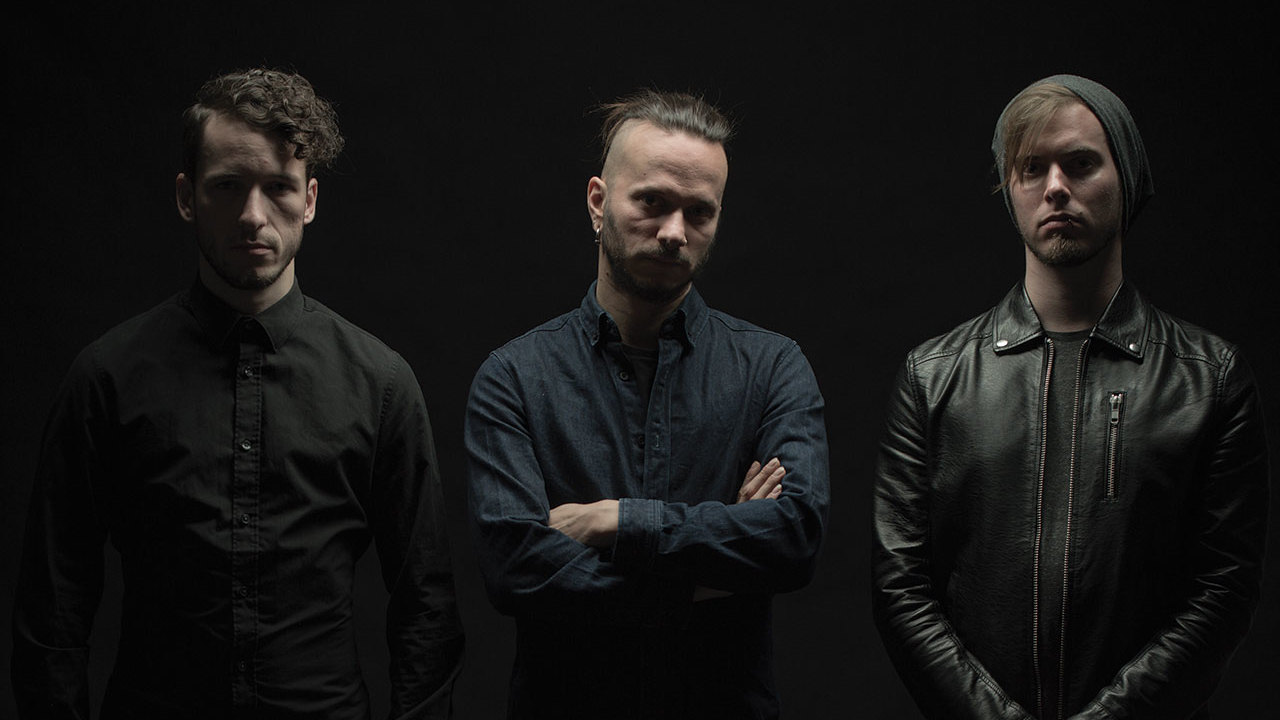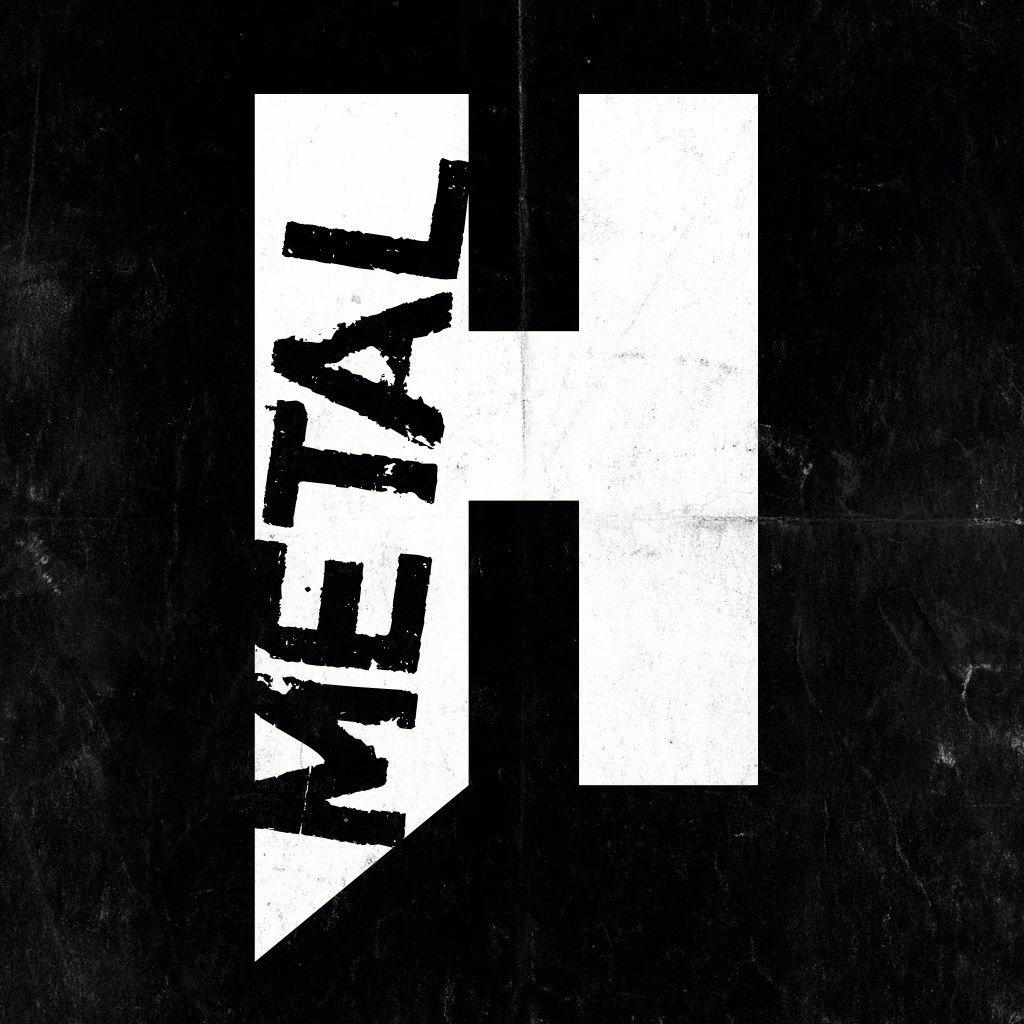In many ways, tech metal is metal at its most untameable, impenetrable and complex, designed to engage your brain, test limits and cross genre boundaries. Prog-math mob The Hirsch Effekt dole out all this and more, combining melody, ambient soundscapes and technical dexterity to create visceral, intricate compositions – sung entirely in German.
“Nils [Wittrock], our singer [and guitarist], wrote all the lyrics for the first three albums and it was natural for him to sing in his mother tongue,” laughs bassist Ilja Lappin. “But to be honest, he sounds horrible in English. We know lots of progressive, amazing bands and they all sing in English, so we started to see the language as a small factor that would set us apart from other bands.”
The Hanover trio, completed by Moritz Schmidt on drums, take inspiration from a varied palette ranging from The Dillinger Escape Plan, with whom they’ve shared a stage, to 1800s classical composers.
“We were bored of rock bands having just a guitar, bass and drums and being so limited,” says Ilja. “A lot of people address us with the term jazz but none of us ever listened that much to jazz. We draw that influence from classical music. [Russian composer] Stravinsky and all that stuff from the early 1800s had the whole time signatures thing going on back then.”
- The Top 10 Best Metal Bands From Germany
- Why The Voynich Code aren't just for tech-metal guitar nerds
- Every Dillinger Escape Plan Album (and one EP) Ranked From Worst To Best
- The Audio Archive – exclusive to TeamRock+ members
The band’s first three albums formed The Holon Trilogy, comprised of 2010’s Hiberno, 2012’s Anamnesis and 2015’s Agonsie, each chapter exploring the band’s frenzied aesthetic, loosely connected by the theme of human experience and emotional growth. But their latest album, Eskapist, has taken a different path.
“It could be labelled our most political album,” says Ilja. “One song, Aldebaran, deals with the German Reich and people who deny that the Nazi regime ceased to exist after WWII. There are actually people in Germany who think that that’s true. It’s mindblowing. It’s one of the most brutal tracks we’ve ever written.”
While the band point out they’re not a political band per se, it’s a direction that suits their caustic, destructive music. “We don’t want to tell people what to do; we just hope people start thinking about our lyrics and that they may affect them in their private life,” says Ilja. “That’s the only hope a musician can have: that the music they make will somehow bring about a movement.”

